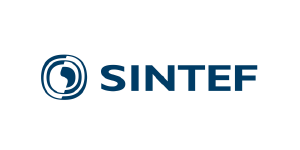
SINTEF
SINTEF is one of Europe’s largest independent research organizations. Every year we carry out several thousand projects for customers large and small. At SINTEF we deliver innovation by developing knowledge and technologies that are brought into practical use. SINTEF is a broad, multidisciplinary research organization with international top-level expertise in the field of technology, the natural science, medicine and the social science. We conduct contract R&D as a partner for the private and public sector, and we are one of the largest contract research institutions in Europe.
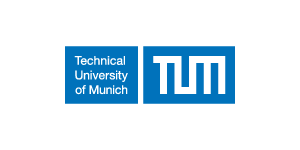
Technical University of Munich
The Chair of Chemistry of Biogenic Resources (CBR) at the Technical University of Munich (TUM) Campus Straubing for Biotechnology and Sustainability works on the development of chemical and biotechnological processes for the conversion of plant biomass into chemical raw materials, biofuels, fine chemicals and functional materials. In our interdisciplinary research projects we combine expertise in protein biochemistry, molecular biology, microbiology, chemical catalysis with powerful instrumental analytics.
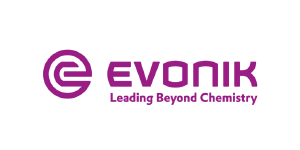
EVONIK
As the Coating Additives business line of Evonik, we are a leading supplier of specialty additives for the coatings and inks industry. We boast decades of experience in the research and development of novel products for a variety of coating and ink markets. We believe that responsible action and business success are mutually inclusive. The development of resource-efficient, eco-friendly coatings is crucial to the success of our industry and the sustainability of our planet. We actively contribute to this by offering solutions for low VOC coatings, biobased formulations and highly durable coatings.

Tallinn University of Technology
We are the Food Tech and Bioengineering lab at the Tallinn University of Technology (TalTech), Department of Chemistry and Biotechnology. TalTech is the most international university in Estonia and a leader in science, technology, and innovation towards a sustainable future. Our research is focused on addressing global challenges of biosustainability, including sustainable production of food and feed, but also biochemicals and materials. We are developing novel bio-based processes where microbial cell factories are used to convert various waste carbon like food- and wood industry waste into value-added products. We use advanced metabolic modeling for the design of novel cell factories; we develop novel synthetic biology tools for the more efficient engineering of cell factories; and use our lab-scale bioreactor platform for the process characterization and optimization. We are additionally utilizing the advancements of additive manufacturing to develop ’living materials’, which will improve biotechnology-based production processes.

Imperial College London
Imperial College London is the UK’s only university focussed entirely on science, engineering, medicine and business and we are consistently rated in the top 10 universities in the world. It is a science-based institution with the greatest concentration of high-impact research of any major UK university.
The Imperial College Centre for Synthetic Biology (IC-CSynB) provides leadership and vision for synthetic biology at Imperial College, whilst developing an open, inclusive and collaborative environment for the best interdisciplinary research and ideas to flourish. The Centre is currently composed of 36 research groups across 6 Departments from the Faculties of Engineering, Life Sciences, and Medicine; the largest critical mass of world-class synthetic biology academics in the UK. Our Imperial-based academic (IC-CSynB) and industrial (SynbiCITE) activities in synthetic biology form the platform for a development pipeline that includes training from undergraduate to post-doctoral researchers combined with a world-leading research and a commercialisation and exploitation strategy. This presents a unique proposition and environment for research, development and application of synthetic biology to solve many of the challenges facing society, from healthcare to biomaterials to sustainable energy.
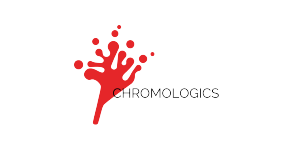
Chromologics
Chromologics is a Danish biotech spin-out from the Technical University of Denmark. Chromologics is developing a bio-based portfolio of natural colors produced via precision fermentation which can be utilized in various applications such as food, feed, and coatings. With our proprietary production we can deliver natural colors in sustainable, scalable and cost-competitive manner, without compromising on safety or ethics. In May 2021, Chromologics closed a €6M seed round.

Celignis
Celignis is an SME dedicated to the development of innovations related to the use and valorisation of biomass and wastes. This is enabled through our state-of-the-art laboratories, equipment, and experienced personnel. We are a spin-out from an EU research project developed by Celignis’s founder and are involved in a number of ongoing H2020 projects that are advancing the art in biomass valorisation. We have a top-class multidsciplinary team of scientists and business leaders with ambitions to develop commercially-relevant products and processes. We undertake this work in collaboration with a global network of clients.
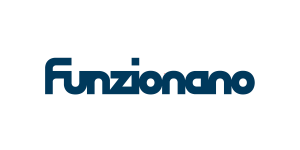
Funzionano
Funzionano AS was founded in 2015 to commercialise the POSS technology developed at SINTEF, and the company is now developing functional nanotechnology-based hybrid polymers with proven, custom material enhancing properties. Funzinano AS provides solutions as flame retardants, hydrophobic, UV-stability and barrier products.

nova-Institute
nova-Institute is a private and independent research institute, founded in 1994; nova offers research and consultancy with a focus on the transition of the chemical and material industry to renewable carbon: How to substitute fossil carbon with biomass, direct CO2 utilisation and recycling. We offer our unique understanding to support the transition of your business into a climate neutral future. The nova team consists of more than 40 employees.
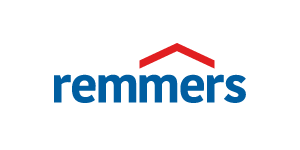
Remmers
Die Remmers Gruppe wurde 1949 von Bernhard Remmers gegründet und ist noch heute ein unabhängiges Familienunternehmen. Der Spezialist für die Herstellung von bauchemischen Produkten, Holzfarben und -lacken sowie Industrielacken arbeitet mit rund 1.500 hochqualifizierten Fachkräften, über 400 problemlösenden Produktsystemen sowie jahrzehntelanger Expertise in den wichtigsten Kompetenzfeldern der Branche.
Remmers bietet echte Mehrwerte in der Zusammenarbeit mit nationalen und internationalen Partnern. Wenn es um sichere Systeme, kompetentes Fachwissen und maßgeschneiderten Kundenservice geht, ist Remmers die führende Marke.
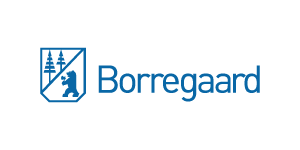
Borregaard
Borregaard has one of the world’s most advanced and sustainable biorefineries. By using natural, sustainable raw materials, Borregaard produces advanced and environmentally friendly biochemicals that can replace oil-based products. Borregaard also holds strong positions within ingredients and fine chemicals.
In addition to its biorefinery in Sarpsborg, Borregaard has five production sites outside Norway dedicated to producing lignin-based products. Borregaard employs 1100 man-years in plants and sales offices in 13 countries throughout Asia, Europe, and the Americas.
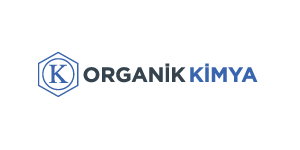
Organik Kimya
Organik Kimya was established as a raw material trader in 1924. Today, Organik Kimya serves its customers with a production capacity of 250.000 tons across 4 production platforms. Organik Kimya has an R&D Center which have several competences like fundamental research, analysis, synthesis, pilot production.
Organik Kimya have solutions for coating, construction, textile and leather, pressure sensitive adhesives and paper, Industrial adhesive, Life Sciences and Material markets
